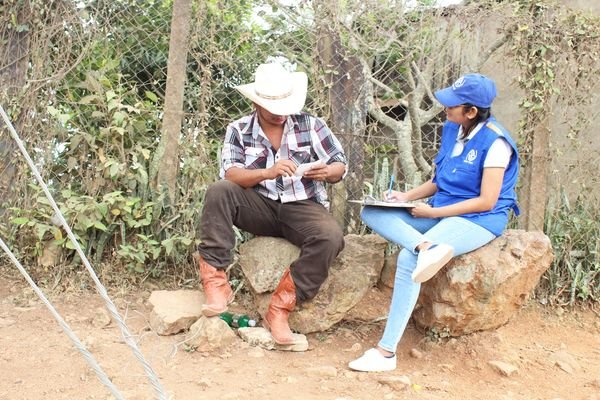WHAT IS IT?
What is HLP due diligence and why is it important?
HLP Due diligence is a process of research, analysis, awareness-building and monitoring focused on verifying formal and informal land and property rights, the right to allocate land for humanitarian operations, while raising awareness about project activities. This process ensures humanitarian interventions respect existing rights, identify pathways to obtain or strengthen rights, mitigate risks of disputes, evictions, or secondary displacement, and strengthen HLP capacity within affected communities.

Due Diligence Standard Principles
Due diligence is an international human rights principle aims to proactively address potential impacts on human rights linked to program operations.
There is no “one size fits all” standard of due diligence in the humanitarian context. Intervention type, duration, socioeconomic, geographic, cultural and disaster or conflict context are all factors to consider when planning due diligence activities.
Do No Harm
Through comprehensive research and assessment, due diligence aims to uphold the internationally recognized Do No Harm principle by minimizing to the highest degree possible any harm or unintended consequences resulting from humanitarian assistance.
HLP Rights and Due Diligence
The due diligence standard is a guiding principle for all operations involving housing, land and property. To uphold the Do No Harm principle, humanitarian actors must confirm rightful owners, authorized rights holders, communities with recognized rights, the state's authority to allocate land, and obtain consent from affected communities
WHAT IS IT?
What is required?
Due Diligence must assess the HLP context -tenure types, availability of documentation, stakeholders, disputes – before projects are implemented, monitor for any HLP issues that may arise during implementation, and evaluate if housing, land or property was able to be secured for the required length of time.
Assess
HLP context and level of due diligence needed to secure housing, land or property for project activities.
Build Awareness
1. Local stakeholder groups: Project activities, HLP rights, and available support.
Establish
Internal rules, procedures, and focal points for conducting HLP Due Diligence and sharing information.
Implement
Structured information sharing procedures between project team, communities and local authorities.
Include
Mechanisms to ensure full participation of marginalized groups.
